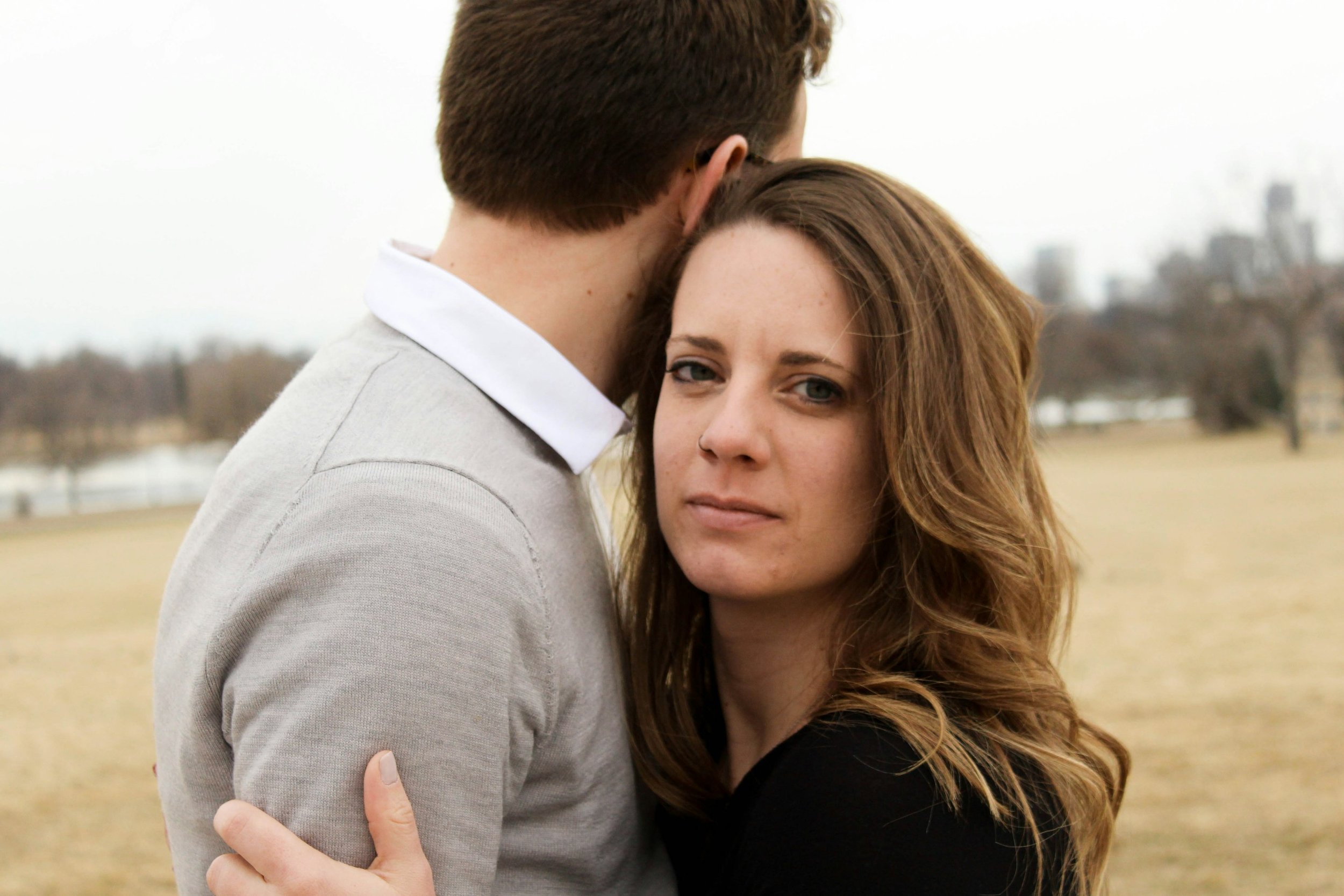What Does It Mean to Be Emotionally Unavailable?
When you’re reaching for emotional intimacy and your partner just isn’t meeting you there, it can feel confusing, frustrating, even heartbreaking. If you’ve ever wondered “Why can’t we connect the way we used to?” you’re not alone. Many couples struggle with emotional unavailability, but understanding the root of the issue is a crucial first step. Couples therapy can help.
Key Takeaways:
Emotional unavailability often looks like disengagement, reluctance to be vulnerable, or lack of reciprocation in emotional or physical intimacy.
It’s not always intentional. Some people don’t realize they’ve become emotionally closed off, especially if they used to be more open.
Common signs include discomfort with vulnerability, inconsistency in connection, or deflecting tough conversations.
Emotional unavailability is often a learned response to trauma, family patterns, or low emotional literacy.
Couples therapy with a skilled couples therapist can help rebuild emotional safety and foster deeper connection.
Signs Your Partner May Be Emotionally Unavailable
If you’re asking, “How do I know if my partner is emotionally unavailable?” — you’re not alone. Many people are unsure whether what they’re experiencing is part of a temporary phase or something deeper. Below are common signs of emotional unavailability that can show up in relationships.
1. They Seem Emotionally Distant or Disengaged
An emotionally unavailable partner may appear withdrawn or uninterested in the things that once brought you closer. For example, maybe you used to hike together every weekend, but now they avoid making plans or brush it off with excuses. They might claim to be too tired or busy — or deflect when asked about the change. This emotional distance can feel like a quiet loss, even if it’s not openly acknowledged.
2. They Avoid Vulnerable Conversations
If your partner shuts down when you try to talk about your feelings or bring up a lack of connection, they may be emotionally unavailable. Even when approached gently and with care, they may withdraw, change the subject, or downplay your concerns. Some may gaslight your experience, make excuses, or blame external factors like work or family stress — all of which are common defense mechanisms rooted in a fear of intimacy.
Working with a marriage therapist or couples therapist in Los Angeles can create a safe space to explore emotional blocks and rebuild trust.
3. They Stop Initiating or Reciprocating Emotional Effort
Emotional availability in relationships thrives on mutual effort. If you’re the one doing all the emotional labor — initiating conversations, planning quality time, or maintaining small rituals of connection — while your partner offers little in return, that’s a red flag.
For instance, maybe you have a routine of texting goodnight when traveling. If your partner suddenly stops reciprocating without explanation and this becomes a pattern, it could signal emotional detachment. While life gets busy, consistent disconnection warrants a closer look. Speaking with a Couples Therapist in Los Angeles can help determine whether this is part of a deeper emotional pattern.
What Does Being Emotionally Unavailable Look and Feel Like?
Understanding emotional unavailability isn’t just about observing your partner — it’s about noticing how it feels in your body and mind, too.
Emotional Unavailability Can Look Like:
Disinterest in quality time or shared activities
Withdrawing from deep conversation
Hyperfocusing on work or distractions
Humor used to deflect emotional topics
Anger or irritability during emotional discussions
Resistance to discussing conflict or parenting challenges
An overemphasis on fun or escape
Shutting down or becoming emotionally numb
Emotional Unavailability Can Feel Like:
Walking on eggshells
A lack of emotional safety
Being unseen or unheard
Constant emotional confusion
Feeling like the connection is “off” but not knowing why
The emotionally unavailable person may feel overwhelmed, anxious, or emotionally unsafe. Often, emotional unavailability stems from childhood trauma, attachment wounds, or a lack of emotional modeling in early life. People may struggle with emotional regulation, have difficulty naming their feelings, or mistake vulnerability for weakness.
Phrases like:
“You’re too sensitive.”
“That’s too deep for me.”
“Stop overthinking.”
are often used to mask discomfort with emotional intimacy.
Can an Emotionally Unavailable Person Change?
Yes — but it requires willingness, self-awareness, and often professional support from a therapist. Many emotionally unavailable people aren’t consciously avoiding connection. They may have never been taught how to identify, express, or trust their emotions. In a safe environment, especially with the guidance of a Couples Therapist, these patterns can be gently unpacked and healed.
Working with a Los Angeles Therapist who specializes in emotional intimacy and attachment issues can be a powerful step toward reconnection.
How to Heal From Emotional Unavailability and Rebuild Connection
The good news is, more people are recognizing the importance of emotional availability in relationships. We’re normalizing emotional language, embracing vulnerability, and seeking out tools that foster connection.
If you or your partner struggle with avoidant attachment or have a hard time being emotionally present, know that support is available. A licensed Couples Therapist or marriage counselor can help you move from emotionally unavailable to emotionally engaged — by building communication tools, encouraging shared vulnerability, and creating emotional safety.
When emotional availability is restored, relationships thrive. You begin to feel more connected, seen, and understood — not just by your partner, but by yourself as well.
Ready to Reconnect?
If you're struggling with emotional unavailability in your relationship, don't wait to start healing. Reach out to a licensed Couples Therapist in Los Angeles to help you navigate the challenges and foster deeper emotional connection.
Begin your journey to a more fulfilling partnership today with the help of compassionate, expert-led couples therapy.


